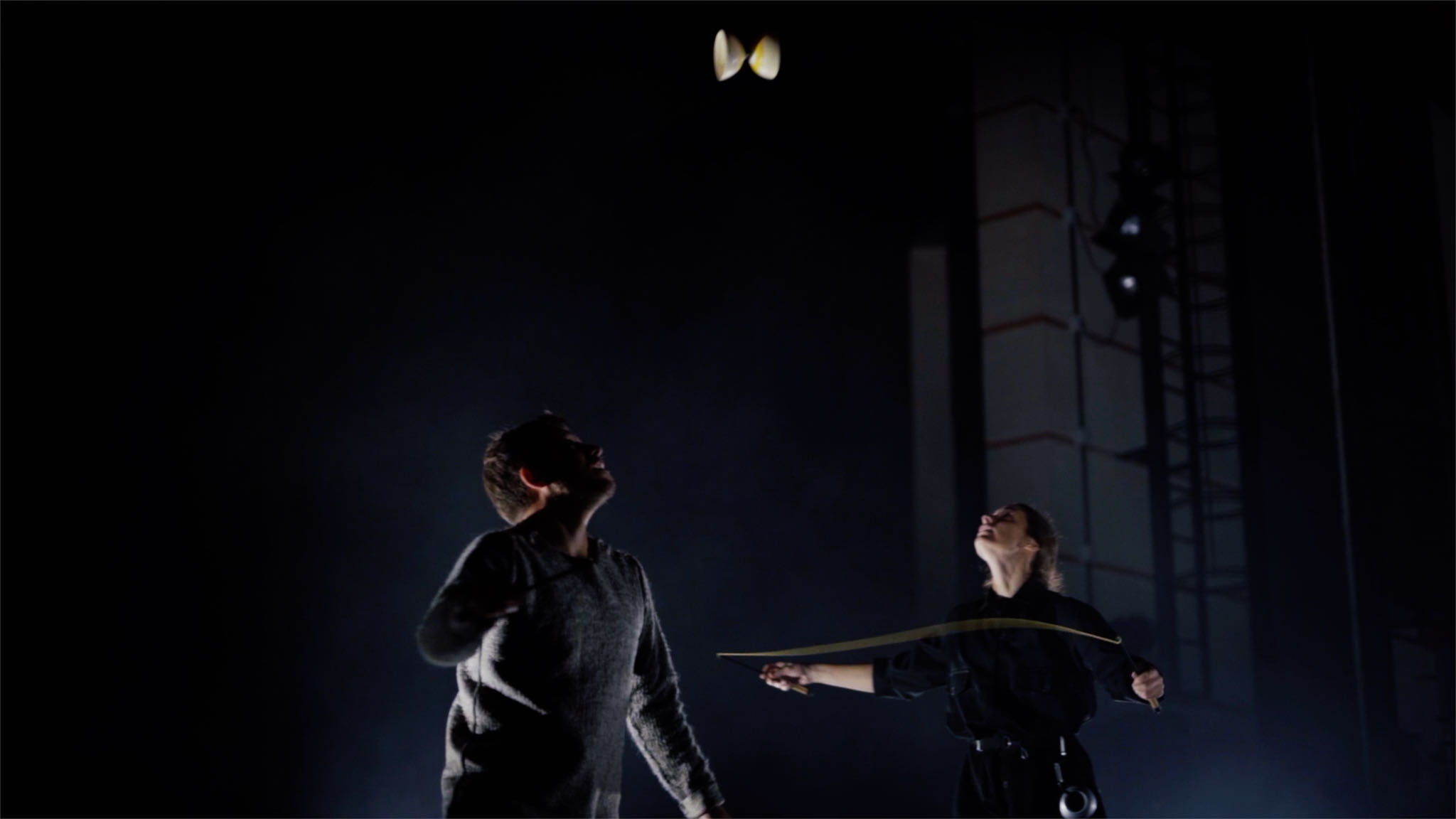On multiple occasions, I have come across proposals that mention an insufficient budget, the inability to cover the full fee, and the need to tighten the belt. Every time this happens, I wonder: Do those who hire me understand the true meaning of making a living from art? Are they aware of the reality of our industry and, furthermore, are they willing to sacrifice part of their own salary to keep their festival running? Or do they simply enjoy a job where all these concerns do not affect them?
In the bustling stage of institutions, both public and private, where decisions are woven like invisible threads in the loom of bureaucracy, I find myself lost in a sea of contradictions. It’s as if we were in a classical music concert, where the orchestra strives to perform grand symphonies with worn-out instruments and incomplete sheet music. In this chaotic administrative ballet, an unsettling question arises: is the administration overprogramming beyond its capabilities?
It is true that every administration has a limited budget, a pool of resources that tries to encompass multiple social needs and demands. But what happens when that scarce budget is stretched and distorted, like a canvas trying to accommodate masterpieces with a frayed brush and only a few faded colors?
The administration, with commendable ambition, attempts to carry out activities that far exceed the value allocated to that budget—activities that demand double the resources, double the effort, and double the commitment. It’s as if they want to make a lush garden bloom in barren land or build a majestic palace with mud bricks.
But who pays the price for this incongruity? Who is the artist who must adapt, who must strive to the limits of their abilities to make things happen? It is evident that this burden falls upon the shoulders of the individual, the common citizen who desperately tries to find their place in this dance of numbers and decisions.
It’s as if we find ourselves in a theater where actors are forced to improvise every scene without a coherent script, where musicians struggle to play a symphony without sheet music. And we, bewildered spectators, wonder if this is truly the art of governing or if we are witnessing a farce in which we are all involuntary participants.
The language of irony stealthily sneaks between my words, a subtle way to express my frustration and disorientation in this administrative labyrinth. Perhaps, in this game of appearances, we are expected to marvel at optical illusions, grandiose promises, and rhetorical speeches, while the most basic needs quietly take a back seat.




Deixa un comentari
Heu d’iniciar la sessió per escriure un comentari.